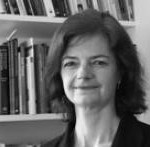
Theresa Whitfield’s primary research areas are peacemaking and mediation, specializing in issues such as engagement with armed groups and the varied roles played by international actors, including the United Nations, in conflict resolution. In addition to her position at CICR, she is a Senior Adviser to the Geneva-based Centre for Humanitarian Dialogue, responsible for liaison with the United Nations; a [ ... ]
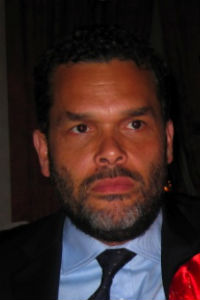
Michael Gaouette has 20 years of United Nations and international NGO experience. He has served the UN in New York, Geneva, West Africa and the Middle East in a variety of roles, including as the leader of the team that established a peacekeeping operation in Darfur, Sudan. He was also the Director of Emergency Operations at a major British NGO, where he led humanitarian responses to crises around the world, including in [ ... ]
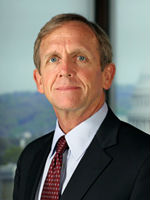
Eric Olson is a former U.S. Navy SEAL who rose to become a four-star admiral and commander of the U.S. Special Operations Command. He retired in 2011 after almost four decades of active service. A Naval Academy graduate, Olson received his MA from the Naval Postgraduate School, where he studied political and military affairs with an emphasis on Africa and the Middle East. His overseas service included assignments in Israe [ ... ]
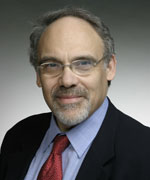
Dr. Irwin Redlener is a recognized national leader in disaster preparedness and the public health ramifications of terrorism and large-scale catastrophic events. He and his team have developed major programs to enhance public health and health systems readiness with respect to disasters. He has written and spoken widely on the response to Hurricane Katrina, U.S. readiness for pandemics and the concerns of children a [ ... ]
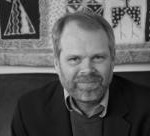
Richard Gowan is the Research Director at the New York University Center on International Cooperation. He is also a Senior Policy Fellow at the European Council on Foreign Relations. He is the overall editor of the Annual Review of Global Peace Operations, the leading source of data and analysis on military and civilian crisis management missions, which he helped launch in 2006. He has also written on the European Un [ ... ]
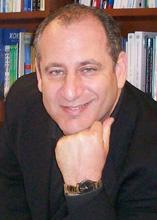
David L. Phillips is currently Director of the Program on Peace-building and Rights at Columbia University’s Institute for the Study of Human Rights. Phillips has worked as a senior adviser to the United Nations Secretariat and as a foreign affairs expert and senior adviser to the U.S. Department of State. He has held positions as a visiting scholar at Harvard University’s Center for Middle East Studies, [ ... ]
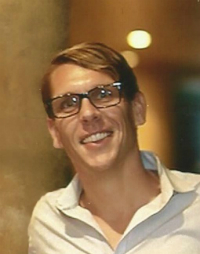
Josh Fisher received his PhD in Conflict Analysis and Resolution from George Mason University, where he studied the ecological drivers of armed conflict. His work coupled geospatial statistics, remote sensing, and econometric modeling to develop spatially explicit forecast models of the likelihood of armed conflict. He received his MS from Utah State University in Political Science and his BS in International Law and Envi [ ... ]
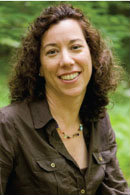
Susan J. Kraham is a Senior Staff Attorney and Lecturer-in-Law at Columbia Law School's Environmental Law Clinic. Susan has spent her legal career representing public interest clients with a particular focus on environmental and land use law. Prior to joining the Environmental Law Clinic, Susan served as Counsel to the New Jersey Audubon Society. From 1998 until 2005 she was an Associate Clinical Professor in the Environm [ ... ]
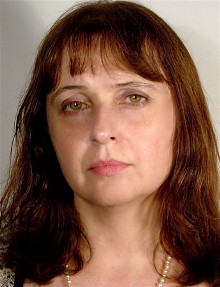
My research involves adapting and testing in randomized controlled trials psychotherapy for depressed people across a variety of cultures and contexts. I have collaborated with academic and humanitarian groups in the United States, Europe, Asia, and Africa, and have participated in the cultural modification of Interpersonal Psychotherapy for use in resource-poor communities: depressed adults in South Uganda [ ... ]
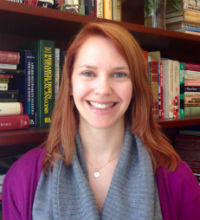
Danielle Coon joined the Morton Deutsch International Center for Cooperation and Conflict Resolution as the Associate Director in September 2015. Danielle previously worked with a non-profit social service agency in New York City managing apartment buildings for low-income senior citizens and focused on housing issues in Ecuador with Habitat for Humanity through advocacy, education programs and by leading volunteer groups [ ... ]

John L. Hirsch joined the International Peace Academy in July 1998 following the completion of a 32-year career in the United States Foreign Service. After three and a half years as Vice President he became Senior Fellow on January 1, 2002. He has been responsible for IPA's program on "The United Nations and International Terrorism" in 2002-2003, and served as Acting Director of the Africa Program in 1999 and ag [ ... ]
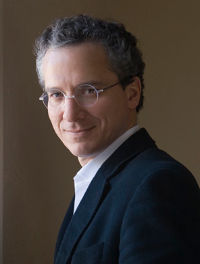
Scott Barrett is the Lenfest-Earth Institute Professor of Natural Resource Economics at SIPA and the Earth Institute. He was previously a professor at the Johns Hopkins University School of Advanced International Studies in Washington, DC, where he also directed the International Policy program. Before that, he was on the faculty of the London Business School. He has also been a visiting scholar at Yale. Barrett's r [ ... ]
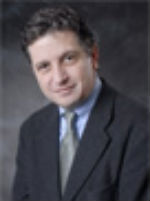
Graeme Simpson is working as an independent consultant and Senior Advisor to the Director General of Interpeace, a global peacebuilding organization headquartered in Geneva. Interpeace is working in 18 conflict and immediate post-conflict zones around the world. He has worked extensively on issues related to transitional justice, including work with the South African Truth and Reconciliation Commission, and on the transfo [ ... ]
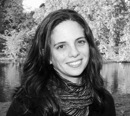
Dr. Shahar Sadeh is the Director of the Faculty Engagement Program at the Jewish Community Relation Council of NY. Since 2014 she has been working with faculty members all across NYC to create and enhance nuance discussions about Israel and the Israeli Palestinian conflict on university and college campuses. She curated and led many academic events, workshops as well as academic study tours to Israel and the Palestinian [ ... ]
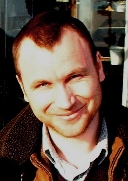
Macartan Humphreys (Ph.D., Harvard, 2003) works on the political economy of development and formal political theory. Ongoing research focuses on civil wars, post-conflict development, ethnic politics, natural resource management, political authority and leadership, and democratic development. He uses a variety of methods including survey work, lab experimentation, field experimentation, econometric analysis, game theoreti [ ... ]
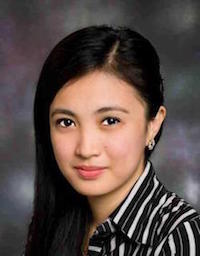
Dahlia is a visiting PhD student at AC4 from the Australian National University. Her dissertation is examining how United Nations transitional administrations in Cambodia, Kosovo, and East Timor incorporated local perspectives into their post-conflict rebuilding strategies. She focuses on four crucial areas according to the rebuilding component of the 2001 Responsibility to Protect (R2P) document: security, justice [ ... ]
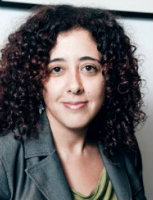
Dr. Naira Musallam heads Research and Development for North and Latin America at YSC, Ltd , a business psychology firm, where she supports the expanding Americas business in the areas of innovation, research and analysis with clients in various sectors including finance, energy, insurance, pharmaceutical, luxury goods, media and technology, and other services. Naira has worked in the research and development space fo [ ... ]
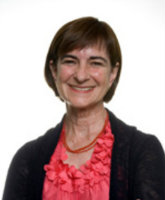
Cassie Landers holds a Doctorate in Education, as well as a Master's in Public Health, both from Harvard University. Since 1985, Dr. Landers has worked with UNICEF and other international agencies to promote policies and programs in support of young children and their families. Over the past 20 years, she has provided technical assistance and support to child development programs in over 60 countries throughou [ ... ]
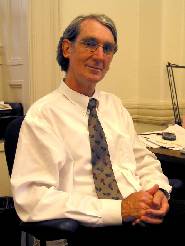
The face of the Earth is figured by continents and oceans whose present shape and positions are transients in the history of the planet. Earth is a dynamic engine of change. It is capable of tearing itself apart and has done so repeatedly throughout its history. The outer layers of the Earth are the solid thermal boundary layer of deep convective motions in the mantle and are primarily responsive to the deeper forces. Jus [ ... ]
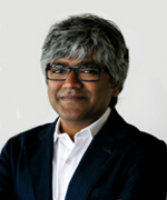
Dr. Unni Krishnan Karunakara was appointed International President of Médecins Sans Frontières (MSF) in June 2010. His first engagement in MSF was in 1995, when he was tasked with setting up a tuberculosis control programme in Jijiga, Ethiopia. He went on to become Medical Coordinator for MSF's activities in Azerbaijan, providing basic health care services to forced migrants from Nagorno-Karabakh, in Brazil [ ... ]
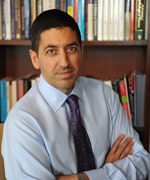
Sandro Galea, MD, MPH, DrPH, is a physician and an epidemiologist. Dr. Galea is interested in the social production of health of urban populations. His work explores innovative cells-to-society approaches to population health questions. His primary focus is on the causes of brain disorders, particularly common mood-anxiety disorders and substance abuse. He has long had a particular interest in the consequences of mass tra [ ... ]
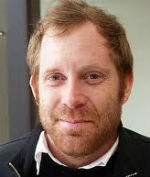
Jesse Hardman is a reporter, media developer, and journalism professor. He’s the creator and manager of the Listening Post, a community media engagement project based in New Orleans that uses cell phones and community based strategies to get and share information and news. Hardman also covers coastal issues and climate change for New Orleans Public Radio. He’s a contributor to NPR, Al Jazeera America, Le [ ... ]
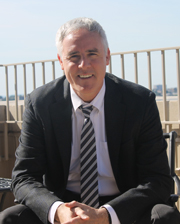
Dr. Peter T. Coleman holds a Ph.D. in Social-Organizational Psychology from Columbia University. He is Professor of Psychology and Education at Columbia University where he holds a joint-appointment at Teachers College and The Earth Institute and teaches courses in Conflict Resolution, Social Psychology, and Social Science Research. Dr. Coleman is Director of the Morton Deutsch International Center for Cooperation an [ ... ]
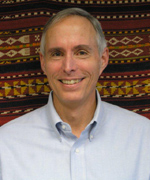
Michael Wessells, PhD, is Professor at Columbia University in the Program on Forced Migration and Health. A long time psychosocial and child protection practitioner, he is former Co-Chair of the IASC Task Force on Mental Health and Psychosocial Support in Emergency Settings. Recently, he was co-focal point on mental health and psychosocial support for the revision of the Sphere humanitarian standards. He has conduct [ ... ]
.jpg)
Alastair Ager, PhD, has worked in the field of international health and development for nearly 25 years, after originally training in psychology at the Universities of Keele, Wales and Birmingham in the UK. He was head of the Department of Psychology at the University of Malawi from 1989 until 1992 and Foundation Director of the Institute of International Health and Development at Queen Margaret University, Edinburg [ ... ]
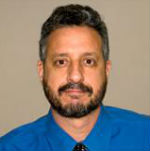
Gerald Martone is Director of Humanitarian Affairs at the International Rescue Committee's headquarters in New York, where he is involved in advocacy initiatives that influence policy and public support for people affected by political oppression, disasters, and violent conflict. Martone was previously Director of Emergency Response with the International Rescue Committee. In this capacity, he oversaw emergency assessmen [ ... ]
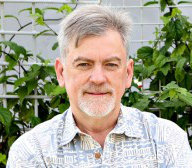
Glenn Denning joined Columbia University's Earth Institute in 2004 as Senior Research Scholar and Associate Director of the Tropical Agriculture and Environment Program. He helped establish the MDG Centre, East and Southern Africa in Nairobi, Kenya, and served as its director for five years. With more than 25 years of experience in international agricultural research and development, Denning provided leadership to the MDG [ ... ]
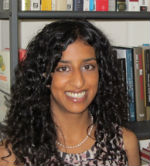
I study modern state formation in conflict and post-conflict settings. In particular, I have spent the last several years studying the role of warlords in the state building project in post-2001 Afghanistan. I am fascinated by the challenges weak political centers face as they attempt to grow their authority in the face of formidable competitors. Unlikely alliances sometimes form that turn strongmen into governors operati [ ... ]
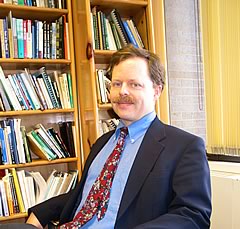
Marc Levy is deputy director of the Center for International Earth Science Information Network (CIESIN), a research and data center of the Earth Institute of Columbia University that utilizes scientific data and advanced information technology to advance understanding of how humans affect and manage the environment, and in turn, how environmental variability and change affect society. He also serves as an adjunct professo [ ... ]
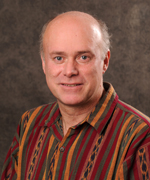
Les Roberts did a post-doctorate fellowship in epidemiology at the Centers for Disease Control and Prevention where he worked for 4 years. In 1994, he worked as an epidemiologist for the World Health Organization in Rwanda during their civil war. Les was Director of Health Policy at the International Rescue Committee from Dec. 2000 until April of 2003. Les had led over 50 surveys in 17 countries, mostly measuring [ ... ]
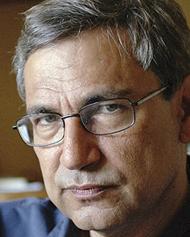
Orhan Pamuk is one of Turkey's most prominent novelists. Titles (in English) include "The White Castle," "The Black Book," "The New Life," "My Name is Red," "Snow," "Isbanbul: Memories of a City," "Other Colors: Essays and a Story" and his newest book, "The Museum of Innocence." His work has been trnaslated into more than 40 languages and he h [ ... ]
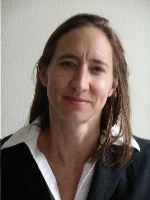
Jacqueline Klopp is an Associate Research Scholar at the Center for Sustainable Urban Development at Columbia University. Previously, she taught for many years at the School of International and Public Affairs at Columbia University where she remains affiliated. Her research focuses at the intersection of sustainable land use, democratization, violence, displacement and corruption. Klopp is the author of articles for Afr [ ... ]
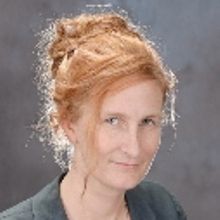
Tonya Putnam is an Assistant Professor in the Department of Political Science and a Member of the Arnold A. Saltzman Institute of War and Peace Studies at Columbia University. Putnam investigates issues at the intersection of international relations and international law. Her primary research interests involve extraterritoriality, transnational regulatory disputes, and exploring how international legal pr [ ... ]
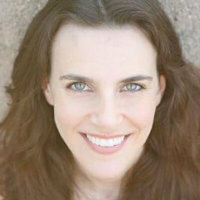
Jessica Alexander has over 12 years experience working in humanitarian affairs across Africa, Asia, and the Middle East for the United Nations and various NGOs. Professor Alexander is former a Fulbright Scholar who received the award to research child soldiers in Sierra Leone in 2006. She has received a Master of Public Health and a Master of International Affairs from Columbia University and is currently pursuing h [ ... ]
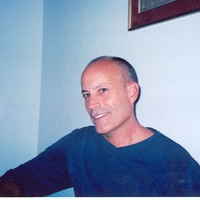
Buscher is the Senior Director for Programs at the Women’s Refugee Commission and oversees the Commission’s research work on refugee livelihoods, refugees with disabilities, LGBT refugees, refugee youth, gender and gender-based violence. Prior to joining the Women’s Refugee Commission in 2005, Buscher consulted with the United Nations High Commissioner for Refugees and wrote their handbook, Operational [ ... ]
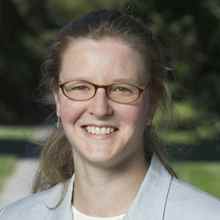
V. Page Fortna is a Professor in the Department of Political Science and a Member of the Arnold A. Saltzman Institute of War and Peace Studies at Columbia University. Her research focuses on peacekeeping, war termination, and the durability of peace in interstate and civil wars. Fortna teaches classes on international politics, war termination, cooperation and security, and research methods. She is [ ... ]
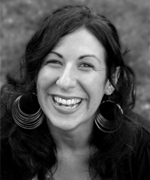
Lindsay Stark is an Associate Professor of Clinical Population and Family Health in Columbia University's Program on Forced Migration and Health. She has over a decade of experience leading applied research on protection of women and children in humanitarian settings. Dr. Stark's particular area of expertise is measuring sensitive and difficult-to-measure social phenomenon. Dr. Stark has led assessment and evaluatio [ ... ]
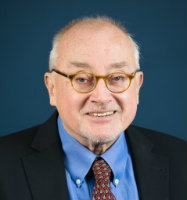
Dirk Salomons is the director of the Program for Humanitarian Affairs at the School of International Public Affairs, Columbia University, where he also heads the International Organizations specialization. In his research as well as in teaching, Salomons focuses on the interaction between policy and management in humanitarian operations; he has a particular interest in the transition from relief to recovery in count [ ... ]